Two short yet powerful skits on Domestic violence
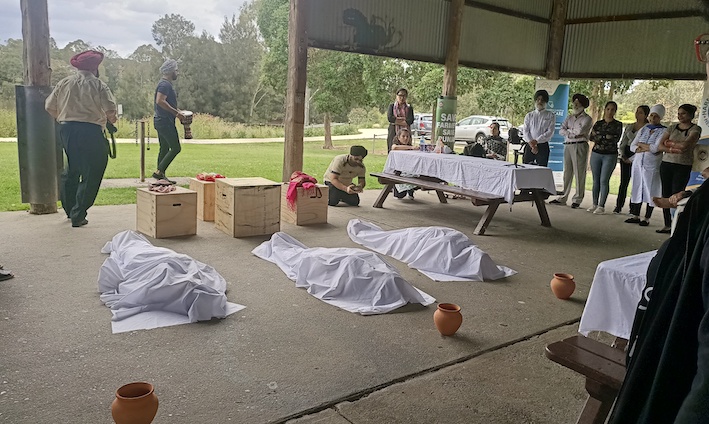
By Sudha Kumar
”˜Rich cultures should have rich relationships’- a community led Domestic Violence (DV) Prevention Project was initiated and put out by The Western Sydney Local Health District Multicultural Health Services. Directed by Neel Banerjee and scripted by Neena Badhwar and Sukhpreet Dhamoon, it was premiered on 28 November 2020 in Western Sydney University, and then enacted on 13 December 2020 at Glenwood Lake, Glenwood.
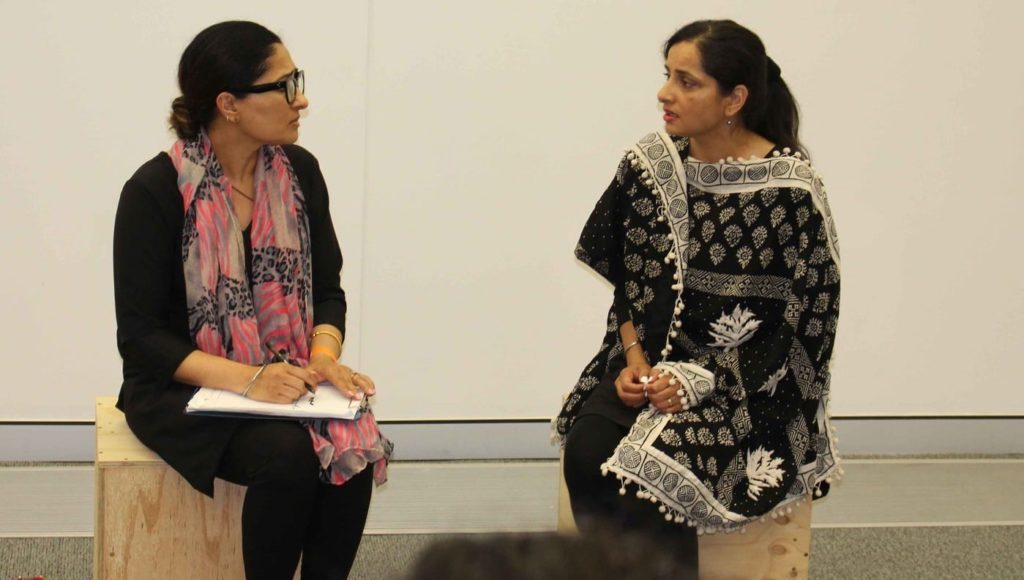
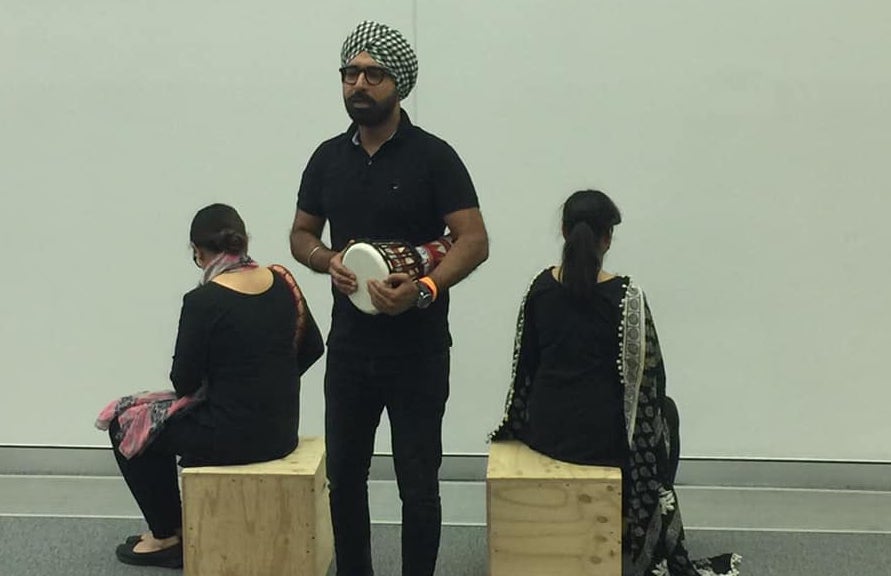
The play was presented in two parts, one in Punjabi easily understood by Hindi-speaking audience and the other in English. The Punjabi half was simply set as a powerful dialogue between two individuals ”“ the victim and the counsellor. The doubts the fears and the conflicts that women grapple with and succumb to. The English half was more of a banter / conversation between three women, that innocently opens up deep life changing traumas in each of their lives, each recounting their intense struggles and how they bounced back and took charge of their lives again. The interludes alluding to so many indicators and insinuations.
Theatre has always proved to be one of the most effective ways of sending out or reinforcing a message for social change. The crisp and neat dialogues in the plays convey pertinent messages of having the choice to say ”˜NO’ and walk away. That silence is affirmation and bystanders inadvertently and unintentionally perpetuate the violence, and in a country like Australia there is more than enough support. Speaking at the premiere Dr. Shanti Raman, Consultant Paediatrician, spoke about the pernicious and intergenerational effect of domestic violence on children. Harinder Kaur of Harman Foundation emphasised on the strength of community support, and spoke about the foundation’s role in supporting women caught in the cycle of domestic violence.
DV is a scourge within human society. Within the Indian subcontinent community it is a consequence of a number of entrenched cultural, social and traditional practices and is not limited to a specific religion. What starts as insults and harassment soon becomes abuse, and in many cases has culminated in homicide/suicide. More often than not it is controlling behaviour interspersed with abuse, the reason of the abuse being financial or otherwise. The burden of keeping the family together for the kids, of not breaking up the marriage hurting parents and extended family, keeping the ”˜family honour’ all squarely rests on the woman. This is not to say that the same may not be applicable to men. It is however less prevalent thanks to the patriarchal mindset that still rules everyday life.
It is difficult to measure the true extent of the problem with many assaults against women going unreported. Reporting of abuse requires immense courage, confidence and education along with support of community.
With the shocking evidence of the alarming growth of dowry-related abuse in Australia, resulting in violence, extortion and a spate of suicides and murders following a wave of migration, there was even a Senate inquiry seeking to criminalise dowry abuse. The Senate inquiry identified dowry extortion as a direct cause of “family violence, murders and suicides in Australia” but ruled out any specific law for criminalizing dowry. Some of the recommendations were: to develop ongoing education and raise awareness on the subject. Reiterate the need for service providers to understand “culturally-specific forms of domestic and family violence” to ensure that adequate protection is provided to all victims.
There is phenomenal work being done within the realm of community services ”“ legal, health and social. But they are all in response to reports of abuse. Reporting is the first step that should be taken by the victim. The most challenging and courageous step. It requires education, raising awareness and support.
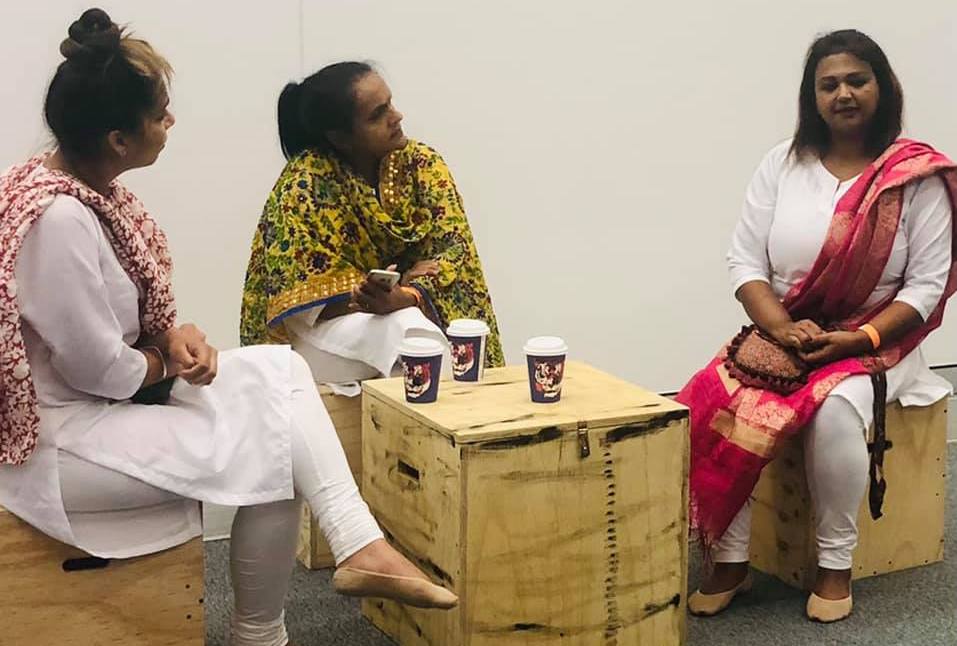
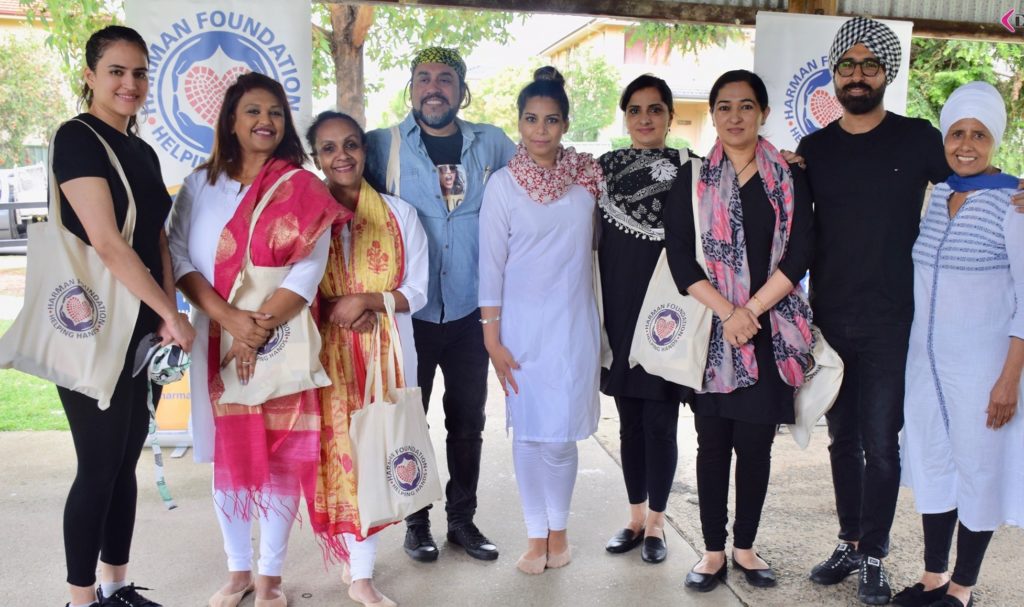
A problem that exists in the community and presented by the community in the two short and powerful skits by Nautanki Theatre ”“ in Punjabi and in English, is the first step to the acceptance of the issue and not live in denial.
Neel Banerjee the director and his team of local actors with these two plays have endeavoured to do just that.
Pic Harmohan Walia, Neena Badhwar
Short URL: https://indiandownunder.com.au/?p=15847
